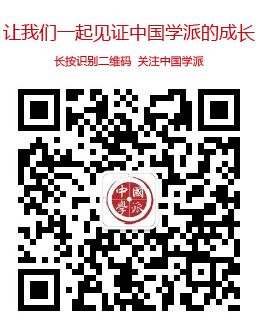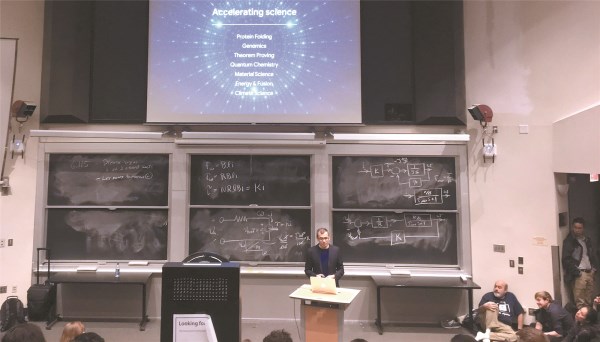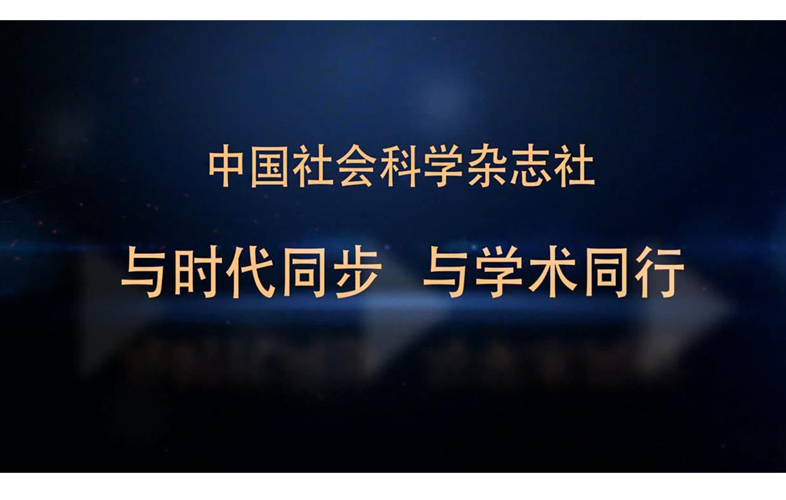Lu Feng et al.
National School of Development, Peking University
Abstract:In recent years, the Chinese economy has been facing downward pressure from slowing growth, but there has not been a significant rise in the registered/surveyed unemployment rate. The combination of these factors shows yet again that Okun’s 1aw does not fit China.Based on empirical observation of the relationship between China’s economic cycle and its 1abor market transition, we put forward a broader version of Okun’s law which is applicable to analyses of the Chinese transition. The specific applications of the broad version of the law are connected with stages of economic development. The standard Okun model, which includes only the unemployment variable, is suited to developed countries in which labor transfer is complete. The broader version of Okun’s law, which is applicable to transitional economies, introduces a variable for the transfer of agricultura1 1abor. Using Chinese and cross-country panel data, we find that, compared with long-term trends, short-term changes in the transfer of agricultural 1abor are significantly correlated with the economic cycle. This finding broadens our understanding of the general pattern of the relationship between the labor market and the economic cycle and provides scientific support for employment policy adjustments that takes “new urban jobs and the surveyed unemployment rate as an important indicator of macro-adjustment and control.”
Keywords:Okun’s law,agricultural labor transfer,unemployment rate,economic growth rate



